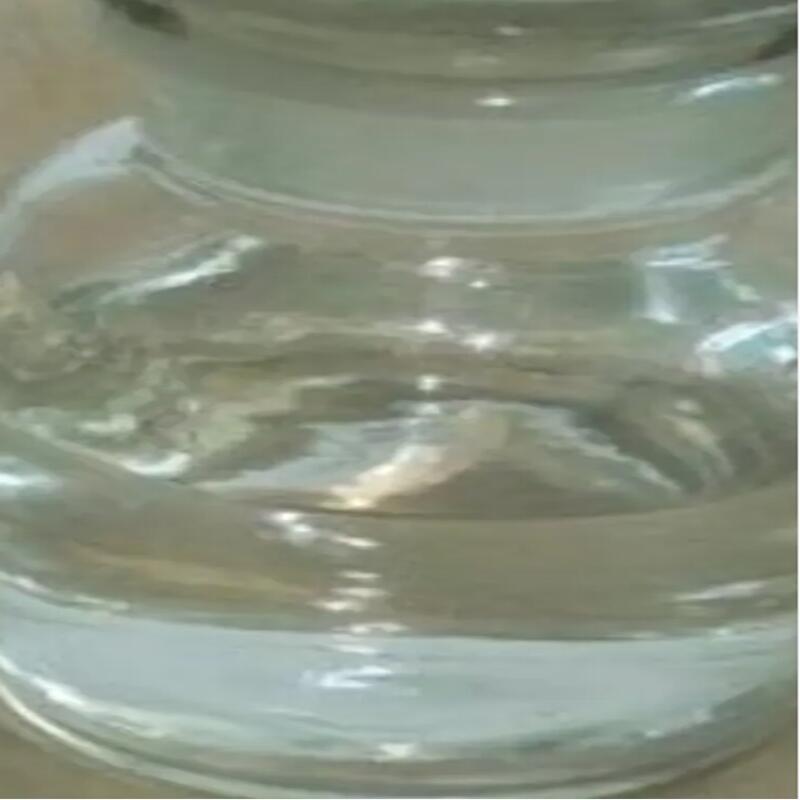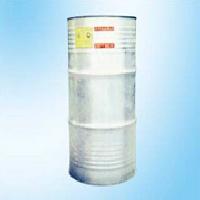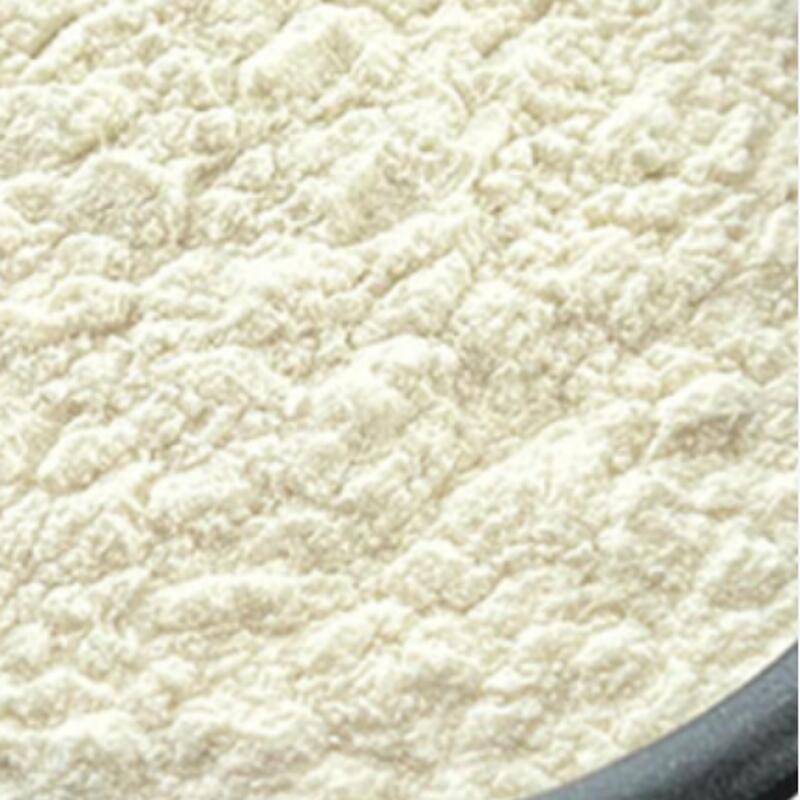-
Categories
-
Pharmaceutical Intermediates
-
Active Pharmaceutical Ingredients
-
Food Additives
- Industrial Coatings
- Agrochemicals
- Dyes and Pigments
- Surfactant
- Flavors and Fragrances
- Chemical Reagents
- Catalyst and Auxiliary
- Natural Products
- Inorganic Chemistry
-
Organic Chemistry
-
Biochemical Engineering
- Analytical Chemistry
-
Cosmetic Ingredient
- Water Treatment Chemical
-
Pharmaceutical Intermediates
Promotion
ECHEMI Mall
Wholesale
Weekly Price
Exhibition
News
-
Trade Service
Propylene carbonate is a widely used chemical in the chemical industry, particularly in the production of plastics, lubricants, and solvents.
Synthetic routes for the production of propylene carbonate have been developed over the years, and there are several methods that can be used to synthesize this chemical.
One of the most common synthetic routes for propylene carbonate involves the reaction of propylene oxide with carbonate ester.
This reaction is usually carried out in the presence of a Lewis acid catalyst, such as aluminum chloride, to facilitate the formation of the carbonate ester.
The reaction conditions, including temperature and pressure, are carefully controlled to ensure maximum efficiency and yield.
Another synthetic route for propylene carbonate involves the reaction of propylene oxide with glycol.
This reaction is typically carried out in the presence of a basic catalyst, such as sodium hydroxide, to promote the formation of the carbonate ester.
The reaction is typically carried out at a higher temperature and pressure than the reaction with carbonate ester, and the product is typically separated from the reaction mixture using a solvent extraction or crystallization process.
Yet another synthetic route for propylene carbonate involves the reaction of propylene glycol with carbon dioxide.
This reaction is typically carried out in the presence of a catalyst, such as potassium hydroxide, to facilitate the formation of the carbonate ester.
The reaction is typically carried out at a lower temperature and pressure than the reaction with propylene oxide, and the product is typically separated from the reaction mixture using a solvent extraction or crystallization process.
The choice of synthetic route for propylene carbonate depends on several factors, including the desired yield, the available raw materials, and the cost and efficiency of the manufacturing process.
The reaction conditions, including temperature, pressure, and the presence of a catalyst, are carefully controlled to ensure maximum yield and efficiency.
The product is typically purified and separated from any impurities using a solvent extraction or crystallization process.
Propylene carbonate is a versatile chemical that is widely used in the production of a variety of products, including plastics, lubricants, and solvents.
The synthetic routes for propylene carbonate include the reaction of propylene oxide with carbonate ester, glycol, and carbon dioxide.
The choice of synthetic route depends on several factors, including the desired yield, available raw materials, and the cost and efficiency of the manufacturing process.
The product is typically purified and separated from any impurities using a solvent extraction or crystallization process.







